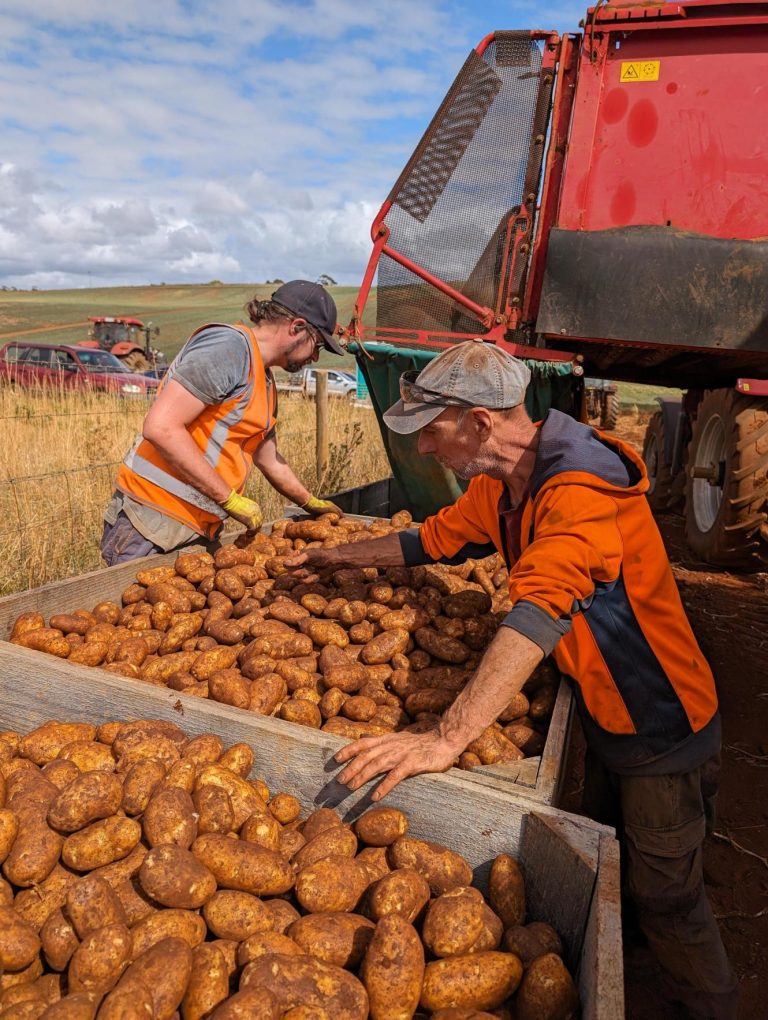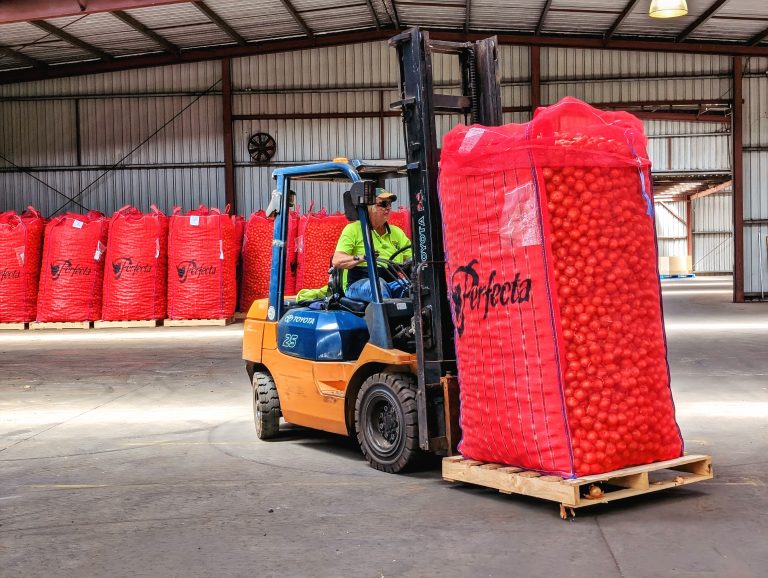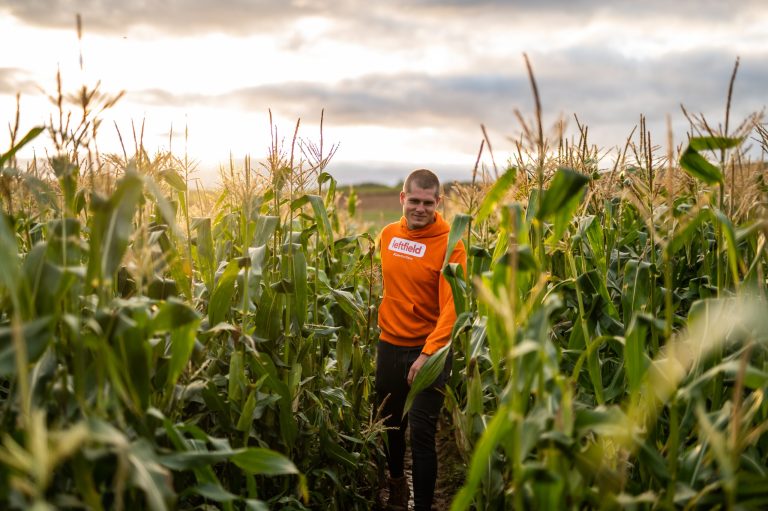In the pursuit of the Australian dream, many visa holders embark on a journey filled with both excitement and challenges, especially when it comes to securing farm work to fulfill the 88-day requirement for visa extension. The path to completing these days, however, is often fraught with uncertainty, cancellations, and rescheduling, leaving many to wonder about the stability of farm work in Australia. This blog delves into the complexities of the agricultural sector, offering insights into why these challenges arise and how to navigate them, all while emphasising the current job market’s competitiveness.
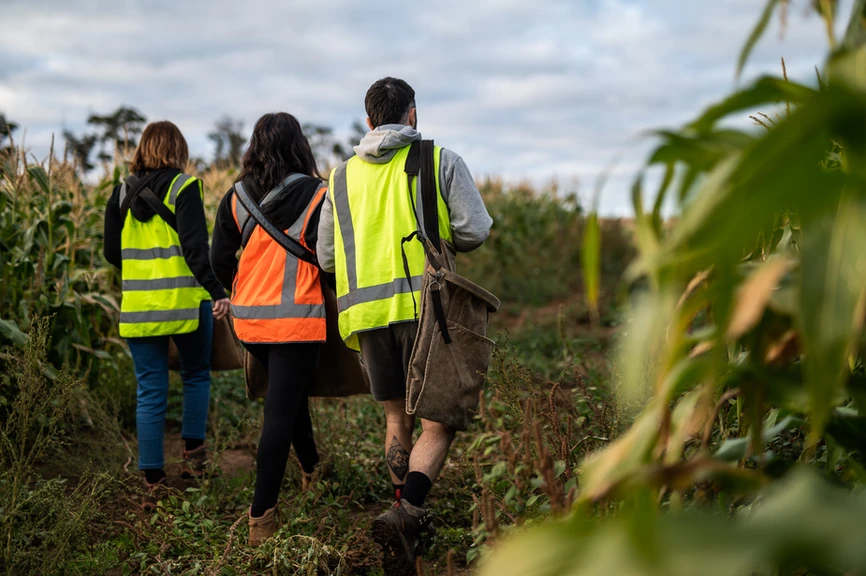
Understanding the Nature of Farm Work in Australia
Farm work in Australia is inherently unstable due to its seasonal nature, reliance on weather conditions, and the fluctuating demands of the global market. These factors contribute to the unpredictability of work schedules, with periods of high demand during harvest seasons followed by lulls. Additionally, unforeseen weather events can dramatically alter the availability of work, leading to cancellations and rescheduling. For visa holders, this unpredictability is a significant hurdle in planning and completing their 88-day work requirement.
The agricultural sector’s reliance on casual and seasonal labour, much of which is supplied by visa holders, means that job security is minimal. This workforce is essential during peak periods but can suddenly find itself without work due to factors beyond the farmers’ control, such as machinery breakdowns or adverse weather. These are realities of the industry, not reflections of the value of the work provided by visa holders.
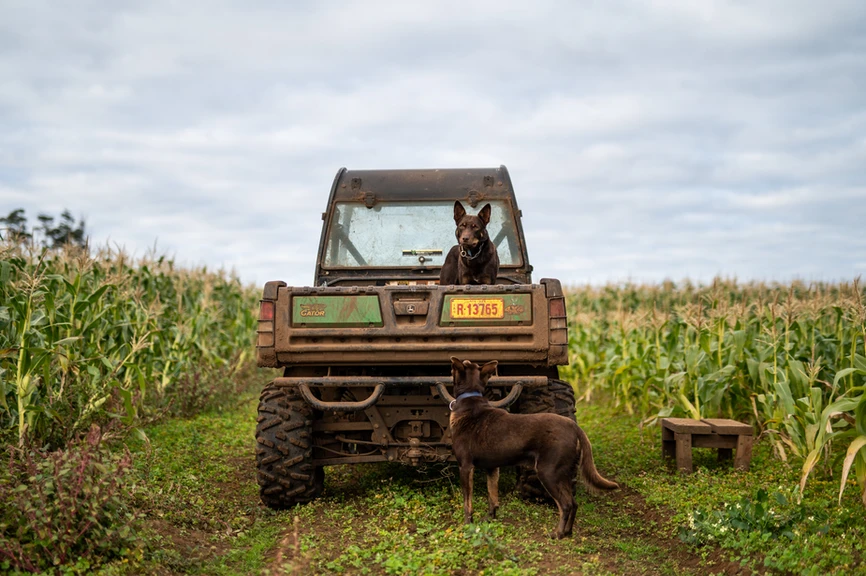
Financial Preparedness and Time Management
Given these uncertainties, it’s crucial for visa holders to embark on their farm work journey with adequate savings and a realistic timeline. Financial preparedness ensures resilience against the unpredictable nature of farm work, covering living expenses during periods of no work and enabling transitions between jobs. Additionally, starting the quest for the 88 days early in the visa period allows for flexibility to navigate the seasonal work landscape, absorb delays, and still meet visa requirements.

Navigating the Competitive Job Market
The current job market sees more visa holders seeking farm work than there are available positions, making the competition fierce. Those who secure jobs should recognise the value of their positions and the opportunity to progress towards their visa extension. This competitive landscape requires a proactive approach to job searching, including networking, utilising resources and support services, and possibly exploring less traditional avenues of qualifying farm work.

Strategies for Success
Success in securing and completing farm work in Australia hinges on flexibility, preparedness, and a thorough understanding of the agricultural sector’s dynamics. Visa holders are encouraged to consider various types of farm work, remain open to moving across regions to follow seasonal work opportunities, and engage with initiatives designed to support them, such as our Farm Work Loop that offers more stable and ongoing employment prospects due to our significant number of Partner Farms.
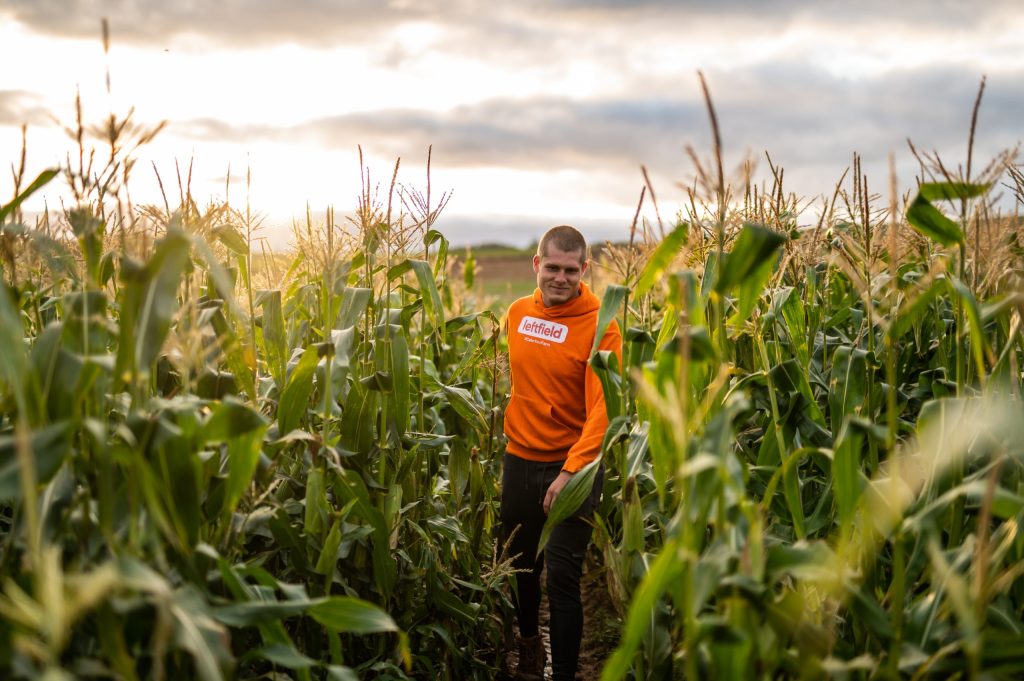
The journey to fulfilling the 88-day farm work requirement is undoubtedly challenging, marked by the inherent unpredict abilities of the agricultural sector. However, with the right preparation, understanding, and strategy, it remains a feasible and enriching path towards extending one’s stay in Australia. For visa holders navigating this path, resilience, gratitude for employment opportunities, and a proactive approach to seeking and securing work are key to turning the dream of an extended Australian adventure into reality.
Exposing the True Cause of Farm Work Instability—
Farmer Exploitation and Supermarket Control

The Impact of Supermarket Practices on Australian Farm Work
In addition to the inherent challenges of seasonal demand and weather dependency, Australian farmers face significant financial pressures from another quarter: the pricing and profit-sharing practices of large supermarkets. This issue further compounds the unpredictability of farm work, as it directly affects farms’ operational budgets and, consequently, their capacity to hire labour.
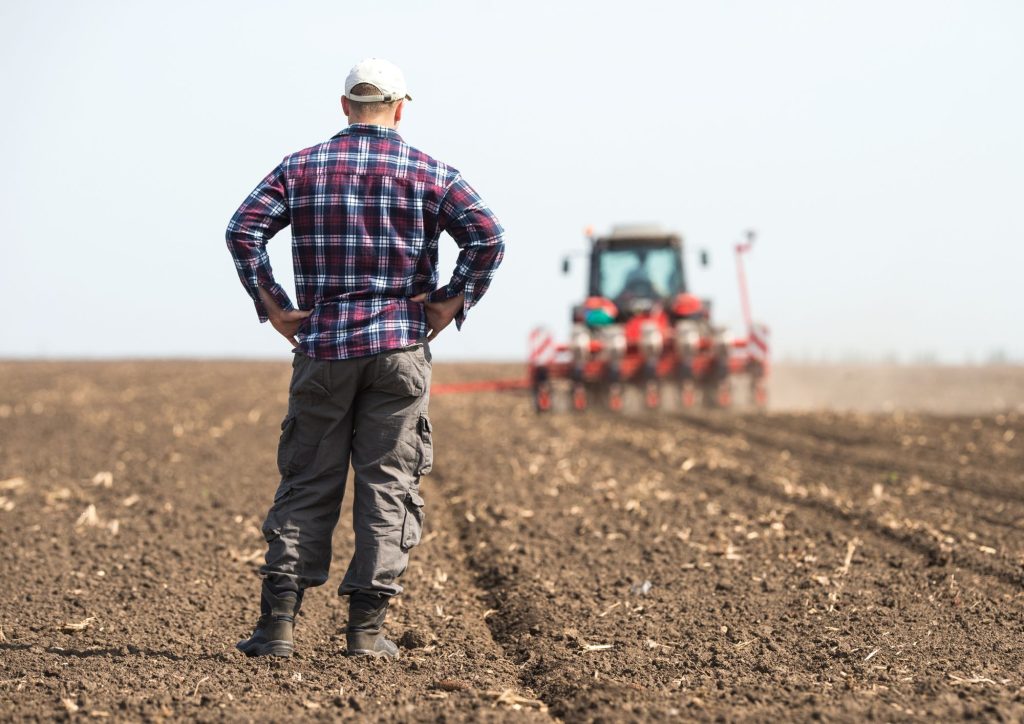
The Supermarket Squeeze
Big supermarkets wield considerable power in the agricultural supply chain, often dictating the prices they pay to farmers for their produce. While consumers enjoy low prices at the checkout, the flip side of this equation sees farmers receiving a smaller share of the profits. This imbalance leads to razor-thin margins for farmers, leaving them with limited financial flexibility to manage their operations, let alone share profits equitably.

Labour: The Biggest Cost
For all our Australian farmers, labour is the single largest expense. The financial squeeze imposed by supermarkets forces farmers to be exceedingly strategic in how they deploy labour. This reality often means that farms cannot afford to pay workers on public holidays, when wages are higher, or keep them on standby during periods of downtime, such as when machinery breaks down. Consequently, visa holders may find that their working days are fewer and more spread out than expected, extending the time needed to accumulate their 88 days of specified work.

A Call for Fairer Practices
The conversation about the distribution of profits within the agricultural supply chain is gaining momentum. Advocates argue for fairer practices that would see a more equitable share of profits reaching farmers. Such changes could alleviate some of the financial pressures on farms, potentially leading to more stable employment opportunities for labourers, including visa holders.

Navigating the Reality
For visa holders, understanding these broader economic forces at play is crucial. It underscores the importance of financial preparedness and flexibility in their journey to fulfil the 88-day requirement. It also highlights the value of initiatives and employment arrangements that offer more predictable work patterns, despite the broader industry’s challenges.
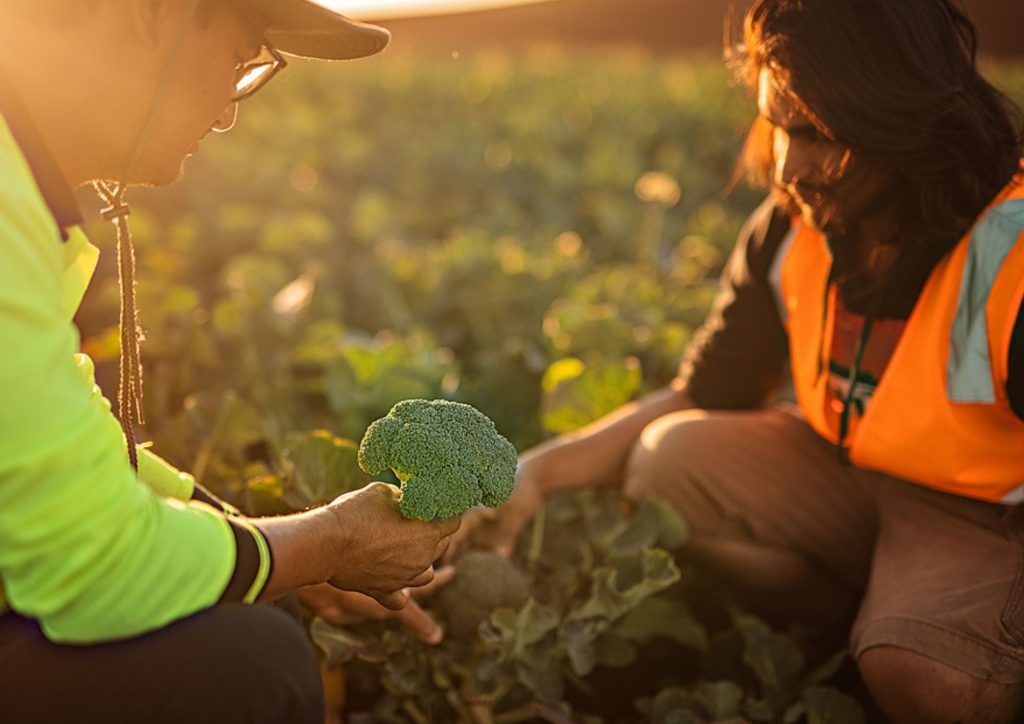
A Collective Effort
Addressing these issues requires a collective effort from supermarkets, consumers, farmers, and policymakers to re-evaluate and adjust the current practices that strain Australia’s agricultural sector. While change at this level is slow, awareness and advocacy can play pivotal roles in shifting towards a more sustainable and equitable system.
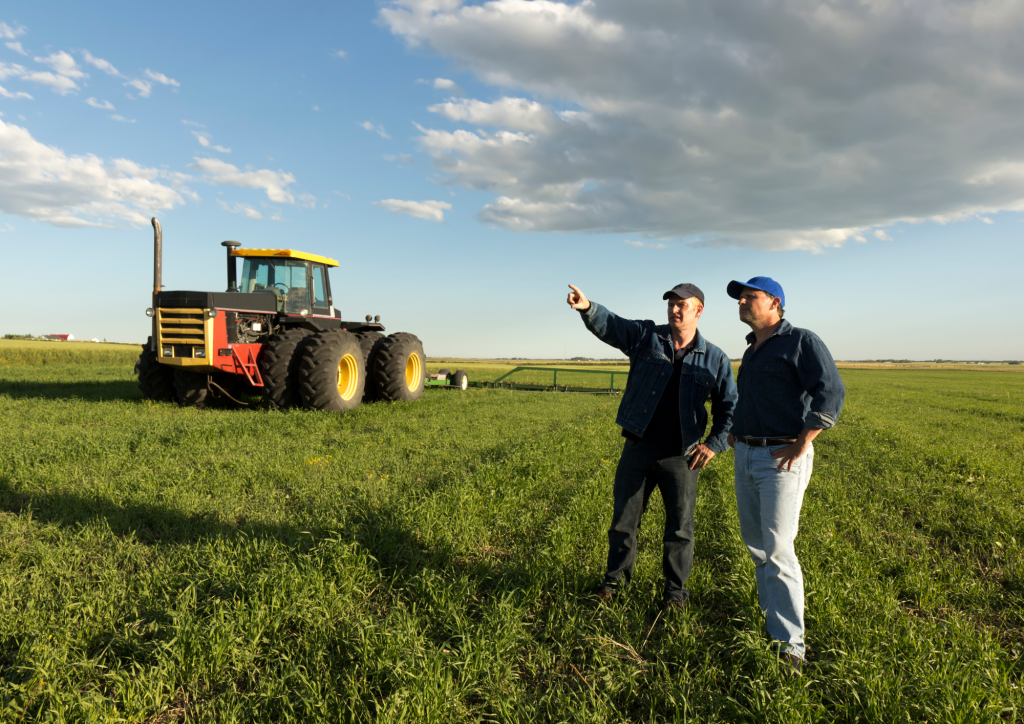
Supporting Our Farmers Beyond the Field
In the discourse around the challenges faced by Australia’s agricultural sector, one harrowing statistic stands out starkly: on average, one farmer dies by suicide every 10 days. This tragic figure sheds light on the immense psychological and emotional toll that the pressures of farming can exert on individuals. The convergence of financial strain, unpredictable weather patterns, and market forces, compounded by the rigorous demands of supermarket profit margins, creates a relentless cycle of stress and hardship for many in the farming community.

The Need for Compassion and Support
The plight of farmers underlines the importance of extending compassion and support beyond the commercial and operational aspects of agriculture. Visa holders working in the farming sector, while navigating their own challenges, are part of a broader rural community where mutual understanding and support can make a significant difference. Recognizing the struggles faced by farmers is the first step towards fostering a more compassionate environment that acknowledges the human cost of bringing food to our tables.
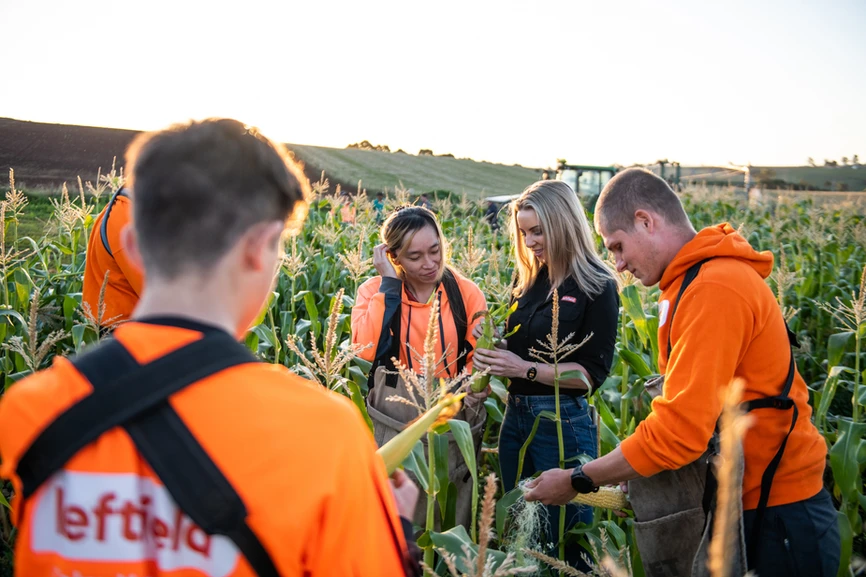
Creating a Supportive Network
Building a supportive network that includes mental health services tailored to the unique challenges of rural life, providing platforms for farmers to share their experiences and struggles, and promoting policies that address the root causes of financial and emotional distress in the farming community are crucial steps. For visa holders, being part of this supportive network means contributing positively to the farms they work on, understanding the pressures their employers face, and engaging in community initiatives where possible.
The conversation around farm work and visa requirements must, therefore, encompass a broader perspective that considers the well-being of the entire farming community. Supporting our farmers goes beyond advocating for fair labour practices, it requires an integrated approach that addresses mental health, financial stability, and community support.
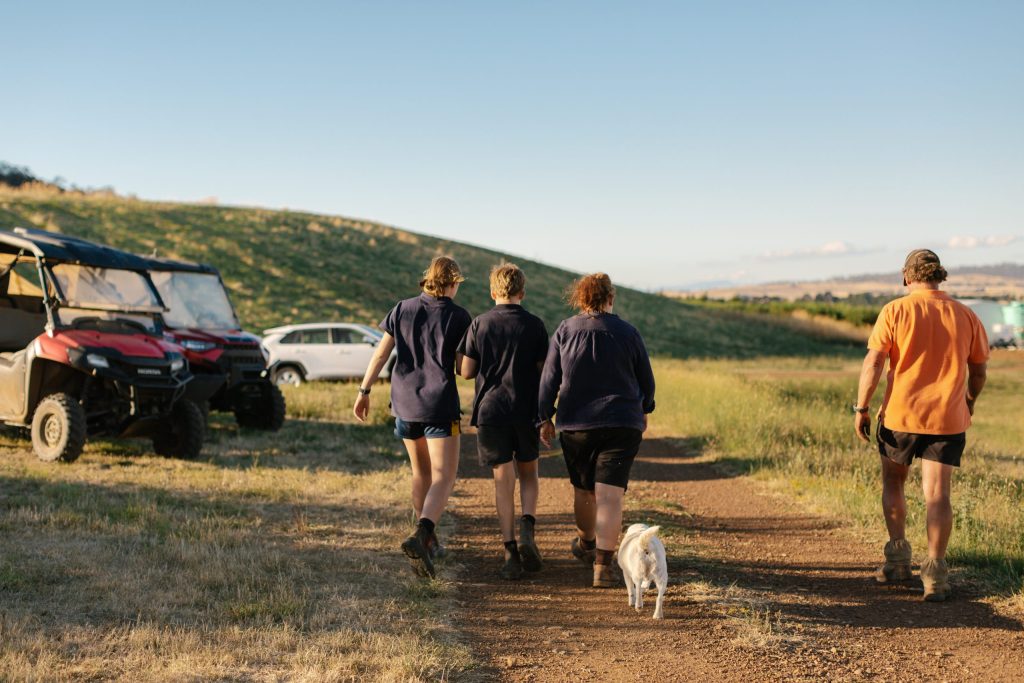
The dynamics between supermarkets and farmers significantly influence the landscape of farm work in Australia, impacting the availability and stability of jobs for visa holders. By understanding these complexities, visa holders can better navigate their path, armed with the knowledge and strategies to manage the unpredictable nature of agricultural work. As the conversation around profit-sharing practices continues, there is hope for a future where the agricultural sector can offer more consistent employment opportunities, benefiting both Australian farmers and the visa holders who contribute valuable labour to their operations. By fostering a culture of compassion, support, and advocacy, we can work towards a future where the agricultural sector thrives not only in yield but in the health and happiness of its people.







